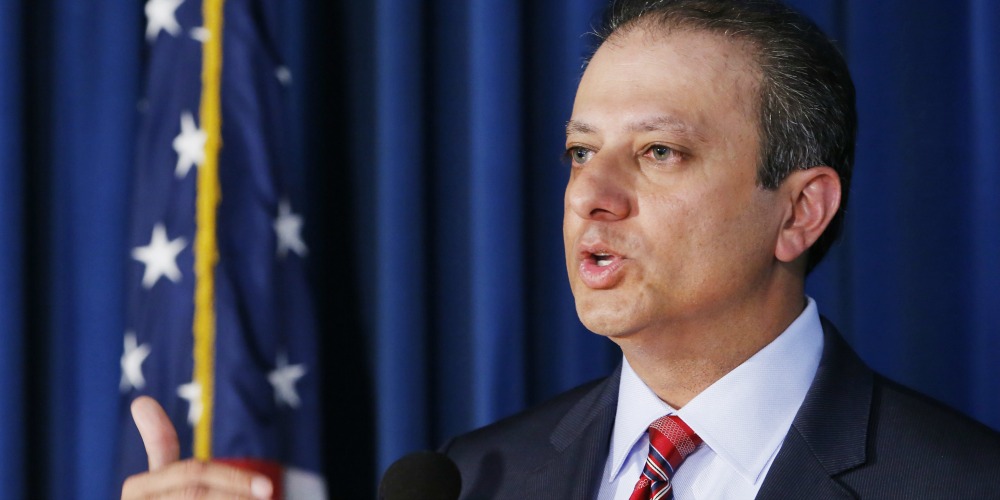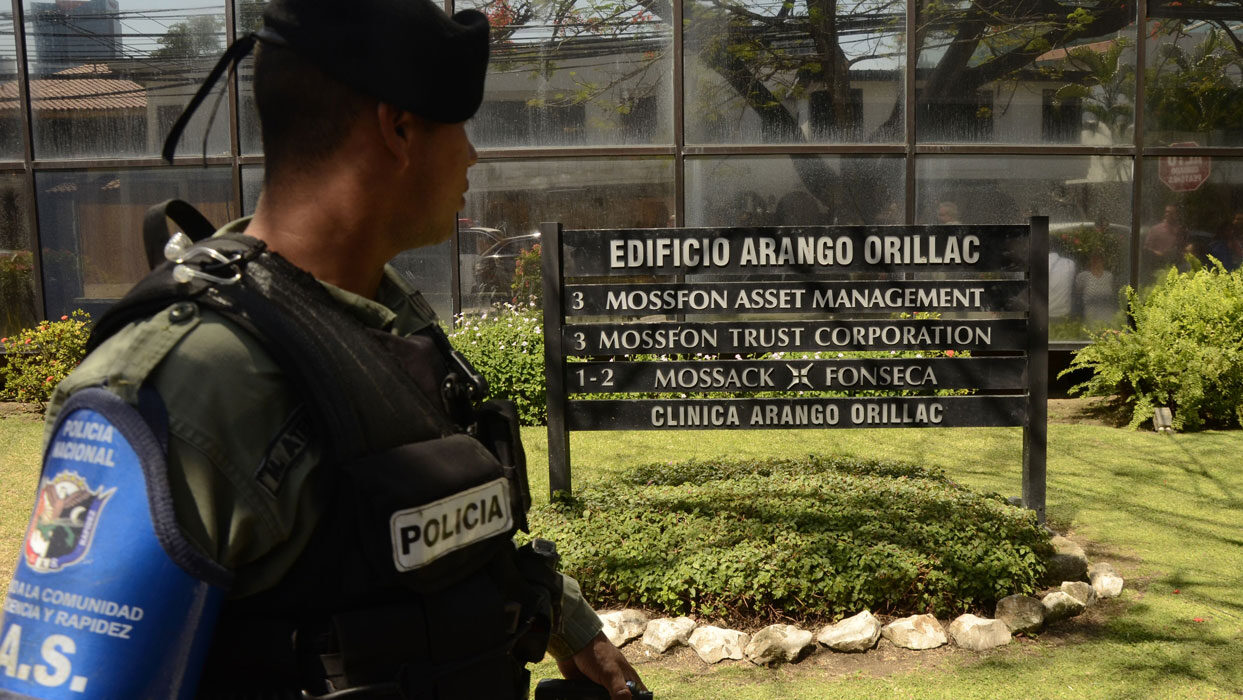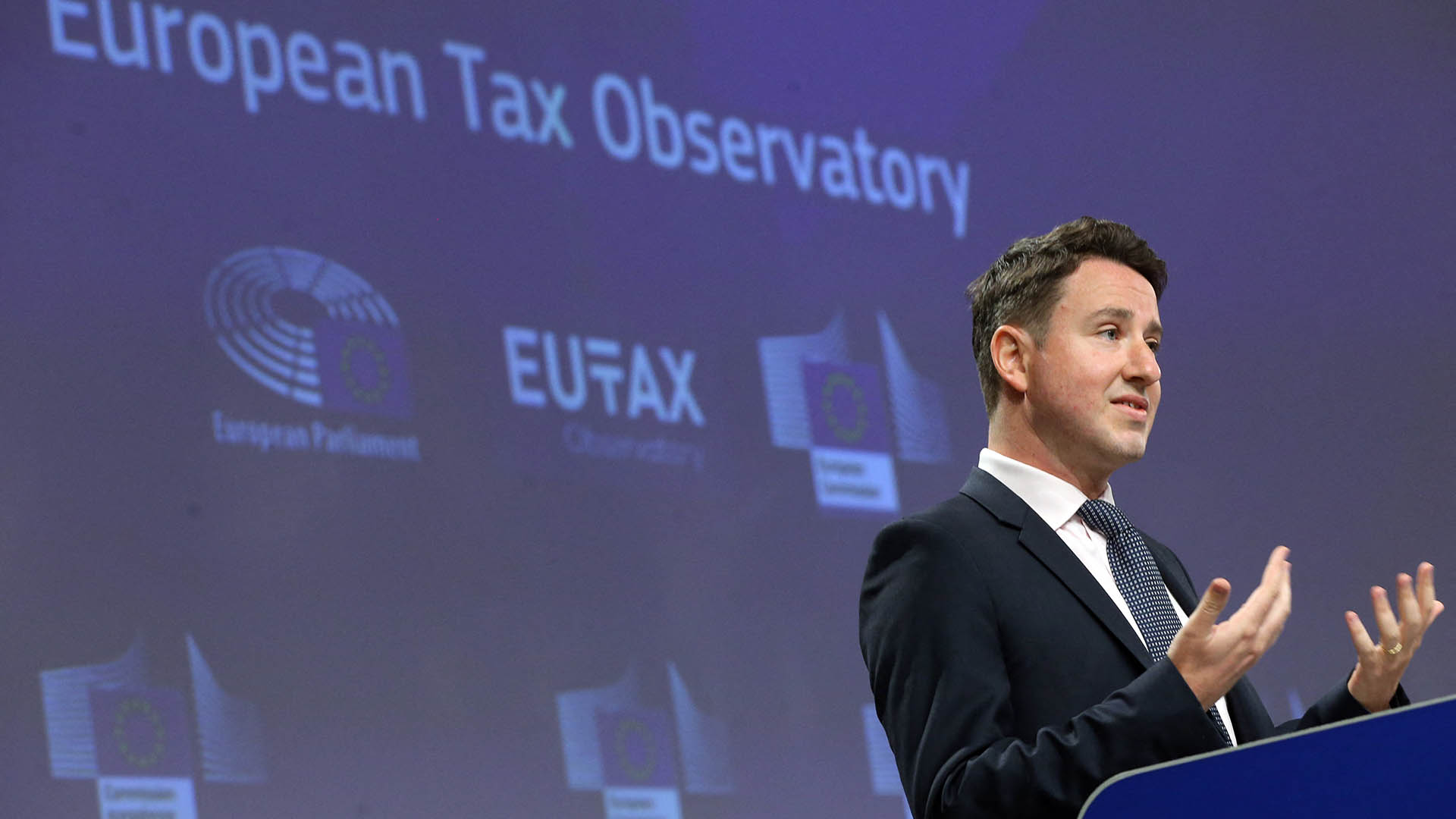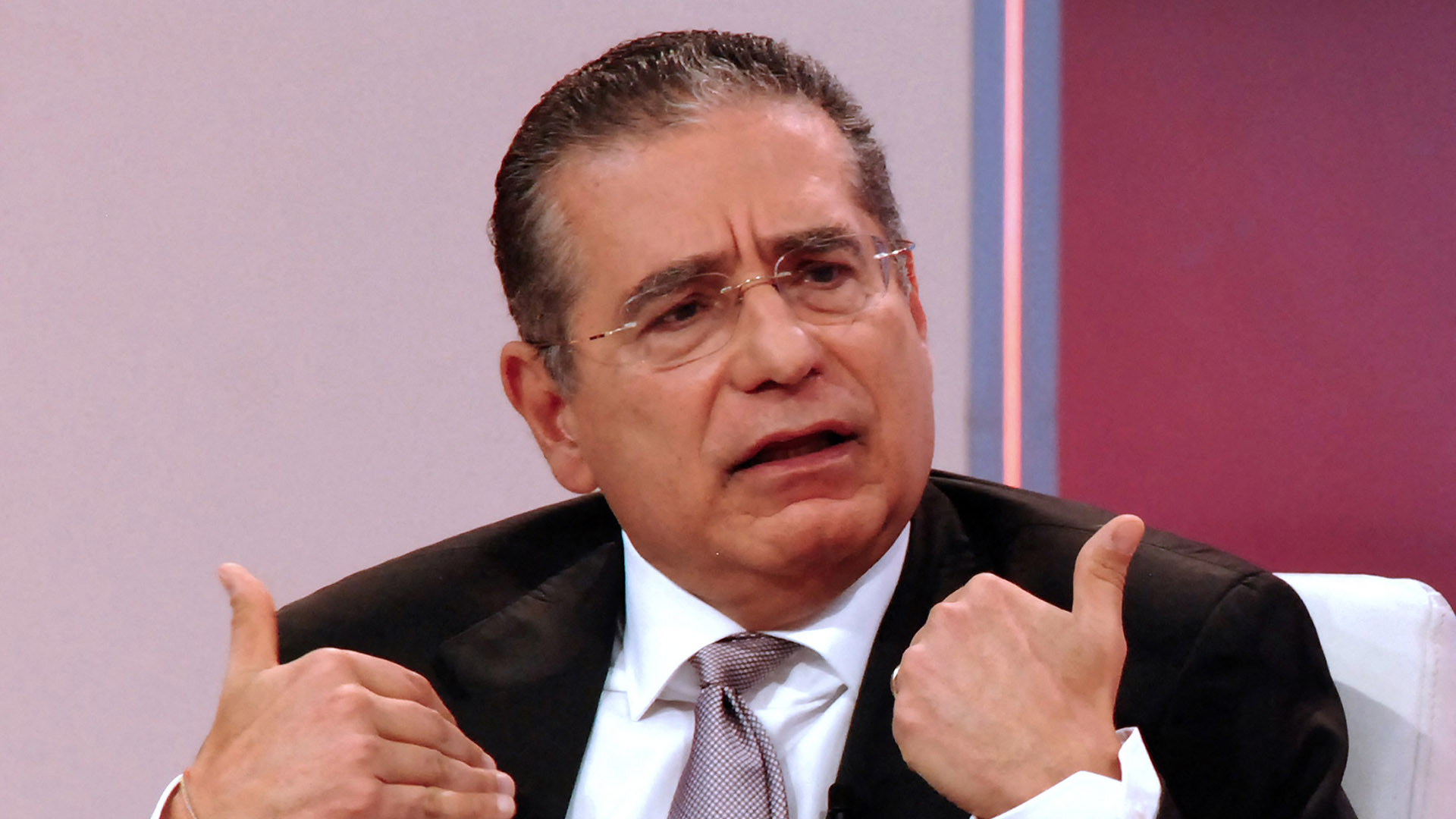In a statement on Thursday, the International Consortium of Investigative Journalists made it clear that while it welcomed interest from the Manhattan U.S. Attorney's office in its Panama Papers project, it would not be taking part in any official investigation.
U.S. Attorney Preet Bharara, who heads the U.S. Attorney’s office for the Southern District of New York, wrote to ICIJ that his office had “opened a criminal investigation regarding matters to which the Panama Papers are relevant.”
On Thursday in a brief conversation, ICIJ told prosecutors in Bharara's office that it would not turn over unpublished data.
“We certainly welcome the U.S. Attorney's Office reviewing all of the information from the Panama Papers series that we have made available to our readers and conducting its own investigation,” said ICIJ Director Gerard Ryle. “However, ICIJ does not intend to play a role in that investigation. Our focus is journalism.”
“ICIJ, and its parent organization the Center for Public Integrity, are media organizations shielded by the First Amendment and other legal protections from becoming an arm of law enforcement,” he said.
The U.S. investigation is just one of multiple investigations around the world that have been touched off by the Panama Papers revelations published by ICIJ, German newspaper Süddeutsche Zeitung and more than 100 other news organizations.
Earlier this month, what had been expected to be a meeting of tax officials from 28 countries drew officials from 35 nations — including the United States, who have agreed to work jointly to develop a plan to tackle any tax crimes revealed by Panama Papers data.
“All 35 jurisdictions represented at the meeting signed up to take joint compliance actions where appropriate,” said Australian commissioner of taxation Chris Jordan who called the meeting and who heads the Organization on Economic Cooperation and Development’s Joint International Tax Shelter Information and Collaboration network. “The network is also exploring the use of taskforces and smaller working groups to make faster inroads,” he said, according to the Australian Financial Review.
Meanwhile, though, a Hong Kong journalist has been fired following the publication of his newspaper’s front page devoted to the Panama Papers, which included information about some of Hong Kong’s prominent citizens.
The influential newspaper Ming Pao didn’t mention fired second-in-command editor Keung Kwok-yuen by name when it issued a statement blaming a reduction in staff on a “difficult business environment.” But it was the second time that a top editor at the paper lost his job shortly after publishing a collaboration with the ICIJ.
Former chief editor Kevin Lau Chun-to, was removed from that job in January 2014, leading to fears that the Chinese Communist Party was asserting control over the newspaper. Lau was removed after Ming Pao cooperated with ICIJ on an earlier leak of offshore documents.
Keung’s coworkers protested over his dismissal as did Hong Kong politicians and others who viewed it as further erosion of the former British colony’s independence from mainland China.




